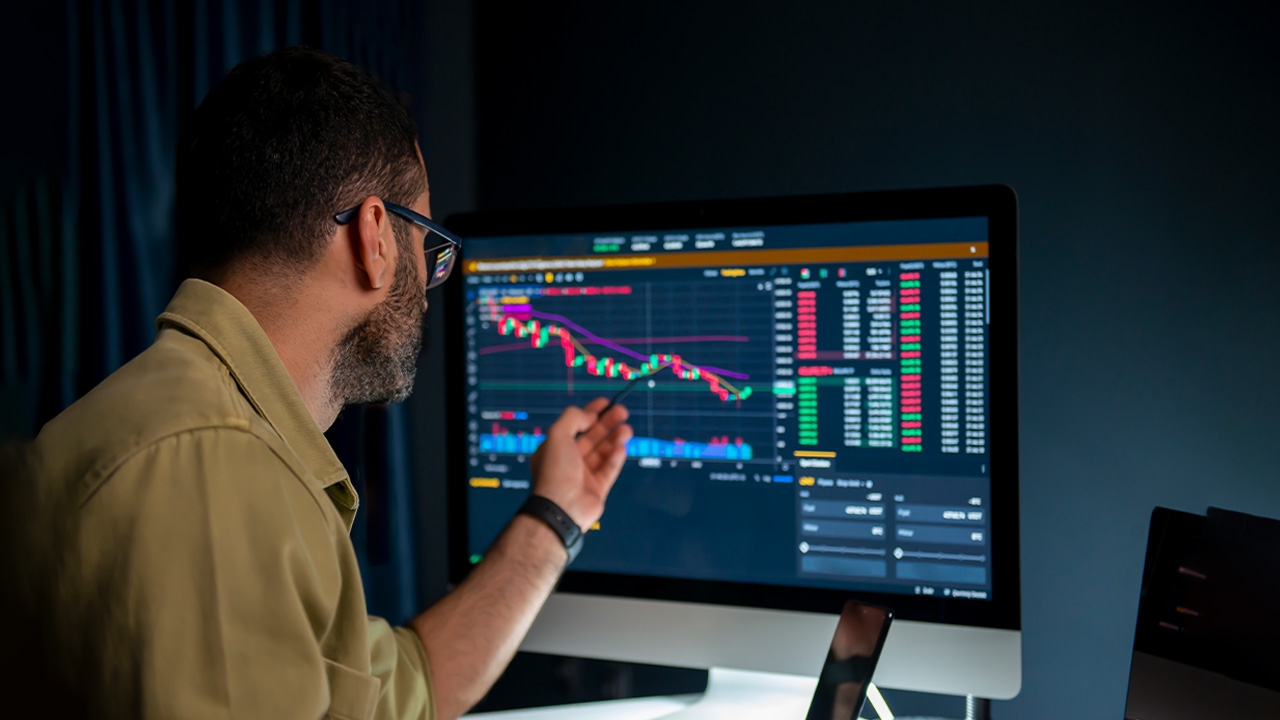Did you find this article useful?

Australian companies make up less than 2% of the global stock market[@article-aus-global-stocks]. So looking beyond your home market is essential if you want a well diversified portfolio.
An international investment strategy can open doors to global companies and tap into rapidly growing sectors or regions.
Here, we'll talk about how buying shares overseas can boost your portfolio, potential risks, and how to get started.
Investing in international shares can help spread your risk and access a broader range of assets.
Many high-growth sectors, such as Artificial Intelligence (AI), technology and healthcare, are underrepresented in Australia. Looking for opportunities in these areas makes investing in other countries and regions an important way to build a well-balanced portfolio.
An HSBC survey shows that Australian investors now have about one-third of their portfolios in international markets, up from 25% in 2024[@article-aus-invest-internationally].
Learn more: How to build a diversified investment portfolio
With an international trading account, you can invest in the world's biggest and most innovative companies like Apple, Alibaba, Microsoft and Nvidia. Please note, these examples are for illustrative purposes and are not investment recommendations.
It's not all about the US and other major markets, though. Investing in emerging markets can offer undervalued growth opportunities that you might not find elsewhere.
Investing in international shares offers diversification but comes with unique risks, such as currency fluctuations, political instability, and differing regulations, which can impact returns. Trends – especially in technology – shift quickly, so it’s important to stay up to date and be ready to adjust your strategy as new sectors and big names emerge.
Learn more about these risks and how to navigate them on HSBC's international share trading page.
Investing only in your home market might feel safe, but it can also mean you're putting too much money in one place. This makes you vulnerable to local events that could affect share prices.
For example, if the local economy or property market isn't doing well it could impact many of the holdings in your portfolio. But if you have some international shares in the mix, they may perform better during those periods and limit any overall losses.
Of course there are no guarantees and all investments can go down as well as up in value.
Our customers are telling us that the familiarity of some of the brand names listed on US, European and UK stock markets has given them more confidence to explore investment opportunities outside of Australia.[@article-aus-invest-internationally] – Donahue D'Souza, Head of Investments, HSBC Australia
Your choice of overseas investments should match your financial goals and risk appetite. As well as individual company performance, factors like currency fluctuations and economic events can affect returns.
With that in mind, here are a few things to remember when adding foreign investments to your portfolio.
Imagine you had $15,000 Australian dollars to invest. At the time 1.00 AUD = 0.66 USD. This means you will have USD10,000 to invest in US shares.
Later the value of your shares increases by 20% – your shares are now worth USD12,000. At the same time the AUD has gotten stronger and now 1.00 AUD = 0.77 USD.
When you convert your USD12,000 back to AUD, you get AUD15,600. This is a $600 gain, or 4% – much smaller than the 20% increase in the value of the shares. While this is a small profit, it's less than you expected because the stronger Australian dollar lowered the value of your US dollars.
(This example is for illustrative purposes only.)
International markets can represent an opportunity for diversification and growth. If you're thinking of investing overseas, here are 3 things to consider:
Look for a broker that allows you to invest in both Australian and international markets, and be aware of the fees. Some platforms may charge more for international brokerage. HSBC is a trusted global leader in banking. We can provide you with personalised support and expert insights for your investment journey.
Did you find this article useful?


